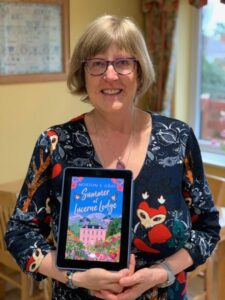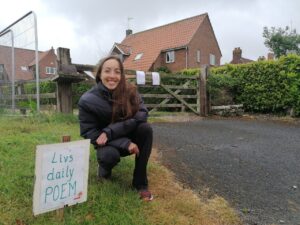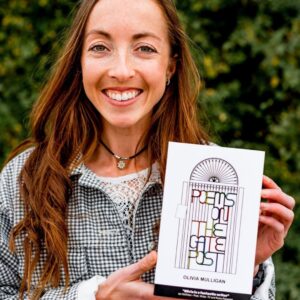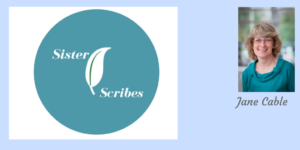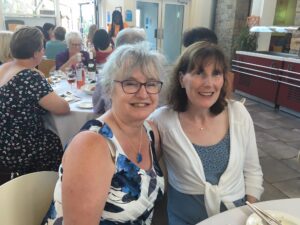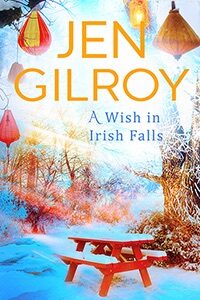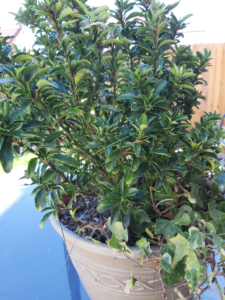It seems a year of lockdowns and an inability to travel has caused authors to look closer to home for inspiration. This summer is seeing a surge in books with large or stately homes as their setting and family secrets at their centre.
For Morton S Gray and Carol Thomas, both published by the award winning romance publisher Choc Lit, their similarities in setting choice only came to light when their covers were revealed. The friends, who message each other almost every day, were unaware of the coincidence but saw the funny side. With Morton writing romantic suspense and Carol writing romantic comedy they are confident their stories are very different, but I was intrigued to find out more.
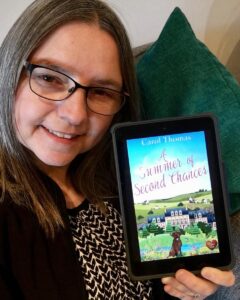 Summarise your story in a single sentence
Summarise your story in a single sentence
M: Summer at Lucerne Lodge is a contemporary novel set in my fictional seaside town of Borteen about family secrets and their consequences for main characters Tanner Bryant and Rosie Phillips.
C: A Summer of Second Chances is a romantic comedy telling the story of Ava Flynn who runs a charity shop and receives a donation that unlocks secrets and passions relating to her past.
Tell us more about those stately looking homes on your covers
M: Lucerne Lodge is an almost stately home, near my fictional seaside town of Borteen. It has a wrought-iron gate, gardens and a lake. At the start of the book there is a huge marquee on the lawn to house a charity auction.
C: Dapplebury House is a stately home that has been in the Bramlington family for generations, but with changes afoot in the village, the future of the house and its estate are in jeopardy.
The house in my book was inspired by visits to Petworth House and Uppark. I was lucky enough to visit Uppark with my dad, just before the first lockdown, we wandered through the wonderful house and gardens soaking up the atmosphere.
M: I love writing about mysteries. I don’t plan my books, so I am telling myself the story as I write. At the beginning of Summer at Lucerne Lodge hero Tanner has found a private investigator’s file on his father’s desk about Rosie Phillips and wants to know why his father is so interested in her.
C: I volunteer in a charity shop and received a donation of a photo album. As I was checking the quality of it for resale I spotted a single photograph that had been left inside. My mind began to weave plots and possibilities from that.
Who is your favourite character and why?
M: Rosie is my favourite, because she goes through so much emotion in the course of the book. However, I liked one of my secondary characters so much – Buzz, a mystic man who runs a crystal shop in Borteen, that I’ve almost finished a novel about his story too!
C: I always love my K-9 characters but also fall a little for my hero because I think its important to feel the attraction my heroine has for him, so I’ll go with my lead, Henry Bramlington, who has to face up to his past and all that he has been running away from in order to forge the future he wants.
How can we find out more about you and your books?
M: My website is at www.mortonsgray.com, where you will also find a link to my weekly blog.
C: I love readers getting in touch and enjoy getting followers involved with my research. My contact and social media information can all be found on my website. http://www.carol-thomas.co.uk

